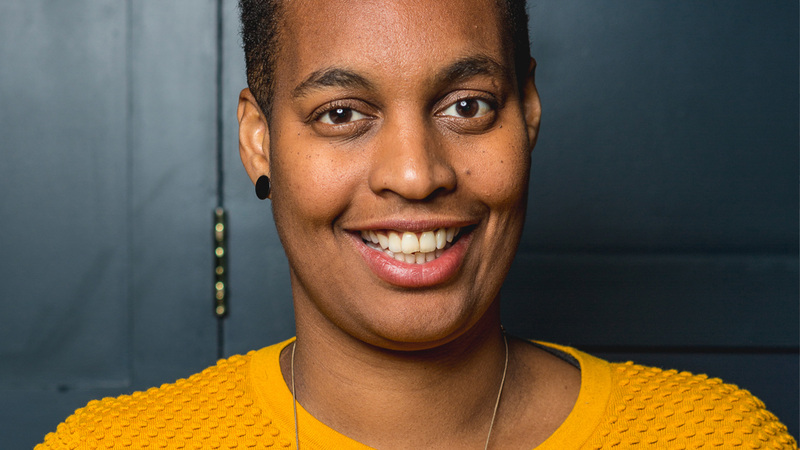You are viewing your 1 free article this month. Login to read more articles.
Books plus plus
Are books bad value compared to a subscription to Disney’s streaming service, or are they the cheapest “good present” you can buy someone? The question, which has been prompted by two sessions from this year’s all-virtual publishing conference FutureBook, goes to the very heart of this business, and the answer—assuming we get right—will define the future direction of publishing for decades to come.
The idea that books are too pricey when compared to streaming media came from Jared Shurin, head of planning at M&C Saatchi World Services, during his Tuesday keynote “New Patterns, New Rules”. It was Charlie Redmayne, c.e.o. of HarperCollins, who put forward the alternative view during my pre-recorded interview with him, also shown on Tuesday. It was likely pure chance that Shurin picked on Hilary Mantel’s £25 hardback, The Mirror and the Light (Fourth Estate), as his example of a bad value proposition. No matter the reviews, he said: “I am going to take 23 Marvel movies over Mantel... Streaming is just a much more cost-efficient way of entertaining myself and my family.”
We might characterise this as a tension between the streaming model that many publishers and agents have resisted for some time, and the discrete value of individual products that you can own, shelve and gift. In that respect, it is about a traditional market that has served us well for a long time, against a newer way of selling that may prove better for some, but not all. But I think it is far more serious than even that: it is about the ecosystem we want to create, the respect we have for where readers spend their money, and the control we want to exercise over the content that we create. It is also about audience, and therefore representation. Shurin suggests that most people are not buying books, and the way to get more of them onside is to increase how they can discover them, and lower what they then pay for them. There are no bookshops in Luton, he says. Though the counter argument is that the streaming model—should it take hold—will ensure there are no bookshops anywhere else, either.
That books had a decent lockdown is now well-established. According to the PA’s half-year statistics, the market fell just 11% during the first six months of the year, including the period when bookshops were mostly closed for browsing. Yet in this perfect market for digital books, the results for the newer format are mixed: though sales of digital products soared, where print book sales fell, digital did not compensate for the value lost. In total print book sales fell by £226m in that troubled first half, while digital sales rose by just £42m. Only fiction saw growth, and that was across all formats.
There are no easy answers. The mistake is to accept that books will fall into line, as music and movies have—and that consumers think of them in the same way. But perhaps the biggest error is to imagine that in expanding the universe through the new ways in which we sell books, we cannot also add value with our very own Captain Marvels and Iron Men.















